NHTSA to propose new fuel economy standards soon; 8% increase per year for MY 2024-2026
Green Car Congress
AUGUST 6, 2021
The US Department of Transportation’s National Highway Traffic Safety Administration (NHTSA) announced that it will soon propose robust new fuel economy standards. NHTSA’s proposal comes as the automobile industry is retooling future models in response to market demand for cleaner, more fuel-efficient vehicles.


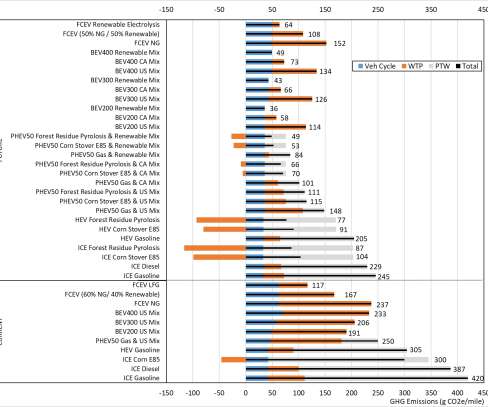

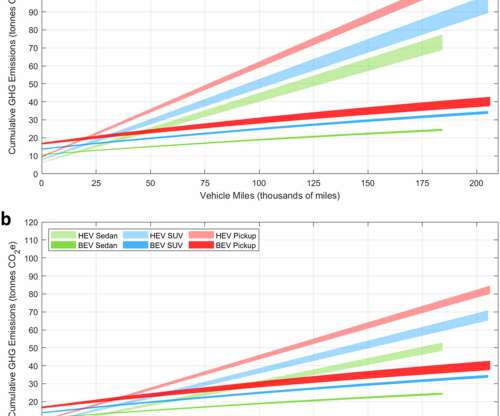


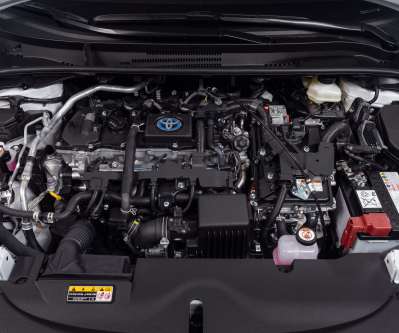

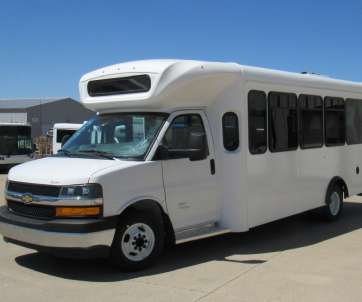



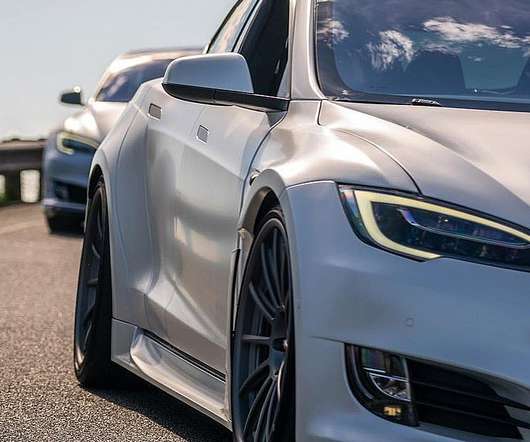




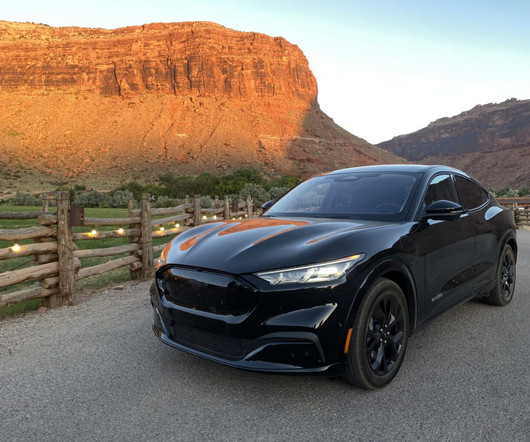

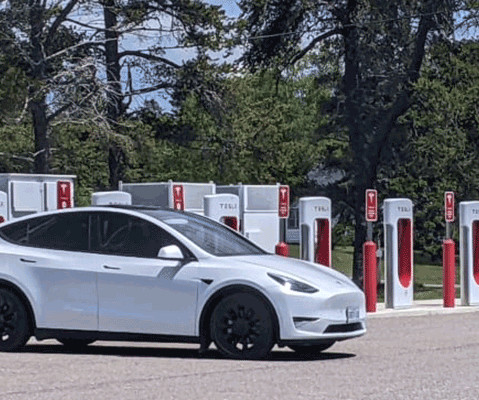






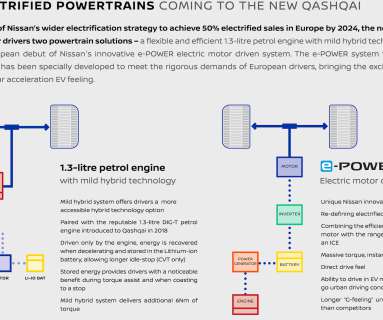


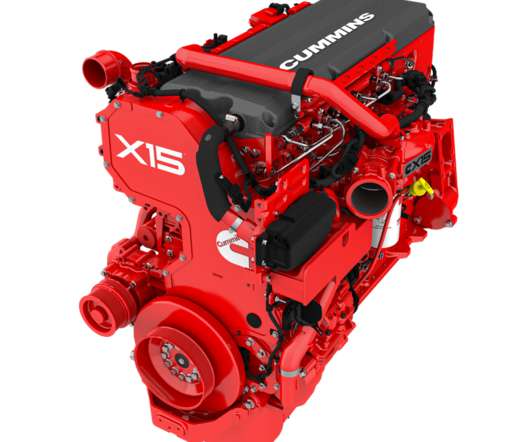










Let's personalize your content